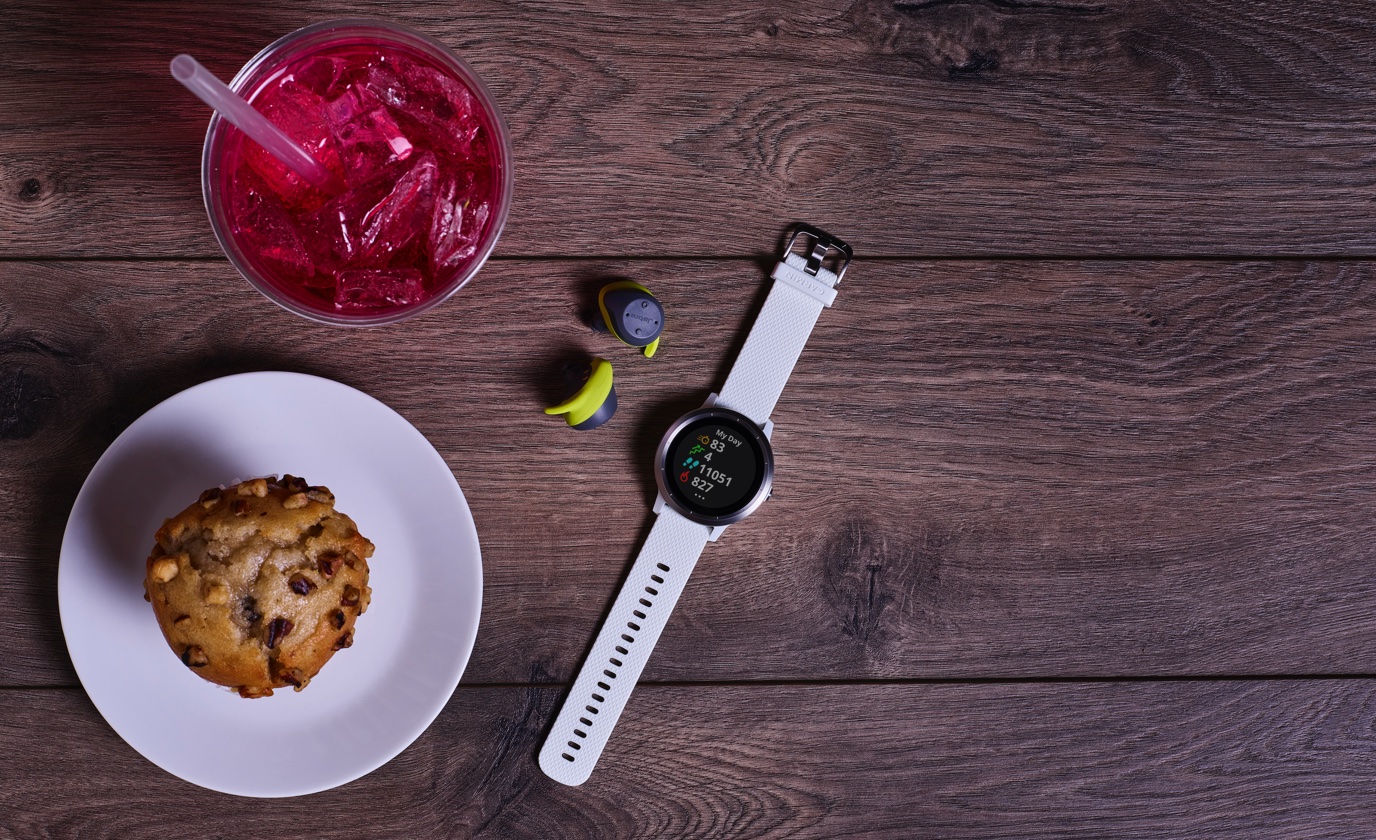Garmin Coach 5K Plan
NOTE: THIS IS AN ARTICLE FROM GARMIN CONNECT. THIS WAS NOT WRITTEN BY ME AND ANY CREDIT SHOULD GO TO GARMIN.
Completing your workouts is only half the battle when it comes to 5K training. For the best results (and faster recovery times), a focus on good nutrition and adequate hydration are key.
Preparing for a 5K requires more than just sticking to a workout plan. While checking the training boxes each week is important, your body also needs the fuel to both complete the workouts successfully and then recover fully afterward. That involves some attention to what foods and drinks you’re putting into your body each day.
While a 5K doesn’t necessarily require the calorie-counting, food-weighing approaches that many elite runners employ, it does pay to be mindful of the foods and liquids you consume as you progress through the plan. By finding a happy medium of proper intake, you’ll likely find that your running times continue to improve, and you’ll recover much more quickly.
Food As Fuel
If you haven’t been particularly active before beginning this training plan, then finding a good balance of nutrients is key. According to the Institute of Medicine, it’s best to strive for somewhere between 45 to 65 percent of your calories from carbs, 10 to 35 percent from protein, and 20 to 35 percent from fats.
For training, you’ll tend to see better results if you choose high-quality foods in each group whenever you can. Here are a few examples:
- Carbohydrates. Fruits, vegetables and whole grains (including breads and pastas).
- Protein. Poultry, fish, nuts and low-fat dairy products.
- Fats. Nuts, avocadoes, olive oil and fatty fish like salmon, tuna or mackerel.
“I think about it this way: When I look down at my plate, I want the majority of the foods to have a job to do in my body,” says Suzanne Smith, a certified sports dietitian in the Sports Medicine Program at UC San Diego Health. “This way, I’m guaranteed to have the energy for my training and recovery. When we eat refined flours or processed foods, many of the nutrients have been stripped, and there are very few tasks these foods are assigned to in the body.”
The Balancing Act of Hydration
Hydration, of course, is vitally important both prior to your runs and during recovery. However, it’s also easy to overdo hydration and end up with a sick, sloshy stomach or worse. “When training for a 5K, the main focus should be staying hydrated over the course of the day to avoid being dehydrated during a workout,” says Smith. “Most runs will be short enough that they won’t require bringing hydration during. The simplest way to monitor if you’re drinking enough is checking your urine color and volume. People can also use thirst as a guide.”
And when these nutrition experts say water, they mean water. “Sports drinks are probably not necessary unless someone is doing hard training lasting longer than an hour,” adds Smith. “If you’re eating well-balanced meals and staying hydrated, you’re likely replacing your glycogen stores and electrolytes naturally from food when training for a 5K.”
Keeping It Safe & Simple
As you get accustomed to the running lifestyle, it can sometimes be a bit rough on your body, especially the digestive tract. You can maximize your chances of success during your training runs by choosing foods that are easier on the stomach. Mangieri suggests focusing on simple foods that digest quickly for morning runs. This might include things like yogurt, smoothies, bananas or toast and bagels with some peanut butter on top.
While fiber is generally considered healthy, you may want to steer clear of high-fiber foods like beans, broccoli or bran flakes, particularly if your run is coming up soon. These foods take longer to digest, so they can make you feel full and bloated during your workout. And they can also have some adverse effects that might have you running for a bathroom when you should be focused on running.
When to Eat & Drink
Speaking of the timing of your meals and drinks, this is another important consideration in the weeks ahead. And this can also be somewhat variable depending on the individual.
“A rule of thumb is 3 to 4 hours before a workout for meals, and 1 to 2 hours for snacks, but also keep in mind that a meal higher in fat and/or fiber will take longer to digest,” says Smith. “If someone does have a sensitive stomach, they should try having the meal or snack at least 2 hours before exercise and include low-fiber foods. If they need a snack an hour before a run, try something simple like a banana, applesauce, dates or rice cakes with 1 to 2 teaspoons of nut butter.”
